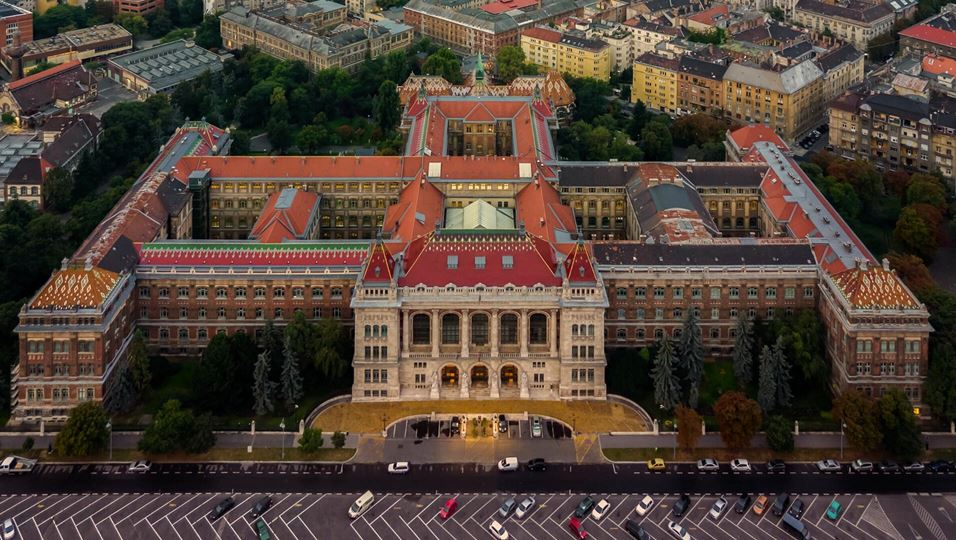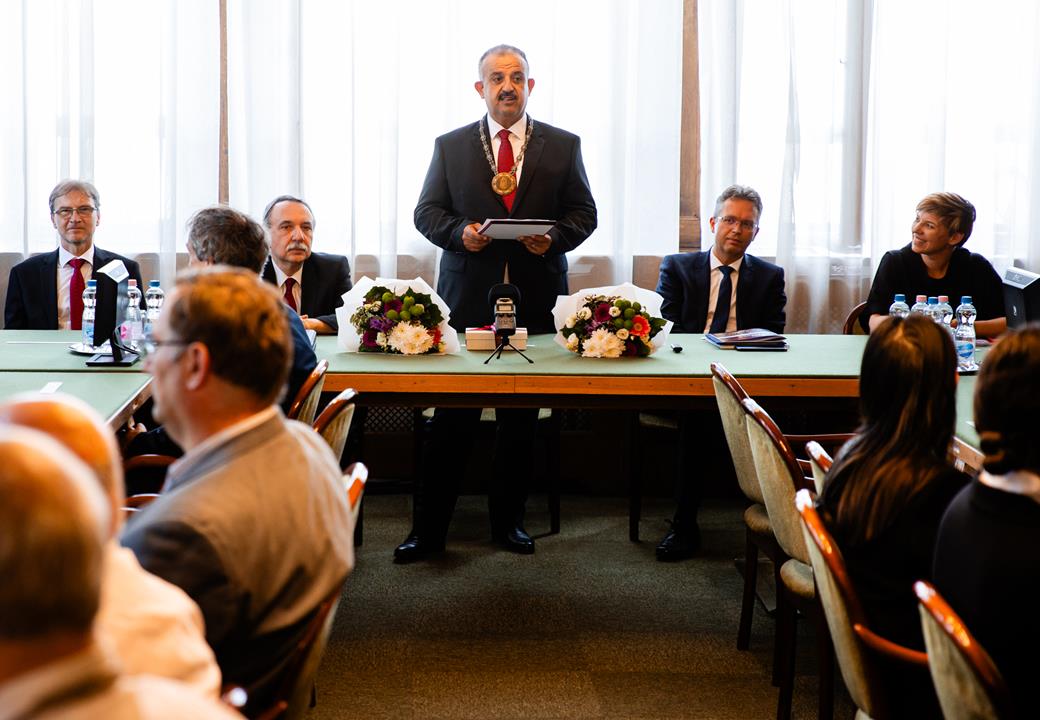BME’s ownership shift: Could this be a threat to the university’s autonomy?

Change language:
The management of the Budapest University of Technology and Economics (BME) organised a forum to discuss the possible restructuring of the university’s operational structure. The event brought together senior staff from all areas of the university and presented a draft of a new operational framework developed by the Principal’s Office and the current maintenance staff.

According to Portfolio, one of the key elements of the proposed operating model is the transfer of the university’s maintenance rights to a state-owned company. This move could provide greater flexibility and long-term funding stability. In addition to an increase in core public funding, the model also includes performance-based funding, which could incentivise the university to be more efficient. Infrastructure and property assets would continue to be managed by the University, but the duration and conditions of their management would be strengthened.
Key elements of the new model
The Rector, Charaf Hassan, emphasised that the restructuring of the operational structure was in line with the objectives set out in the Rector’s proposal. The new maintenance framework would be based on the specificities of BME, taking into account the current situation and future needs of the university. The model would focus on ensuring high-quality teaching, maintaining and strengthening the autonomy of the University, and achieving competitive salaries.

The new system could also include a role for national companies as supporters. This would provide an opportunity to further strengthen the University’s economic and market links and increase the predictability and stability of funding. The Rector stated that these partnerships could contribute to more flexible operations, further enhancing the quality of education and improving the international competitiveness of the University’s research. The Rector stressed that, even under the new maintenance framework, it is a condition for BME to continue to participate in the EU Horizon and Erasmus grant schemes.





